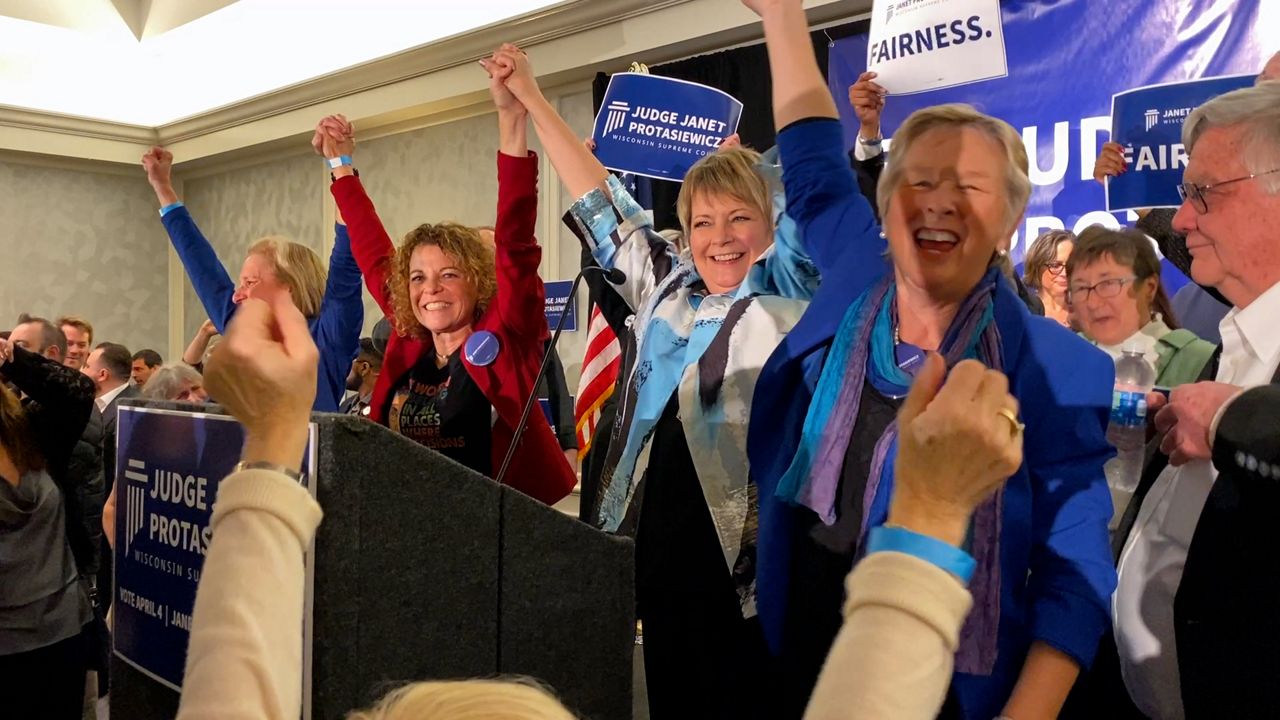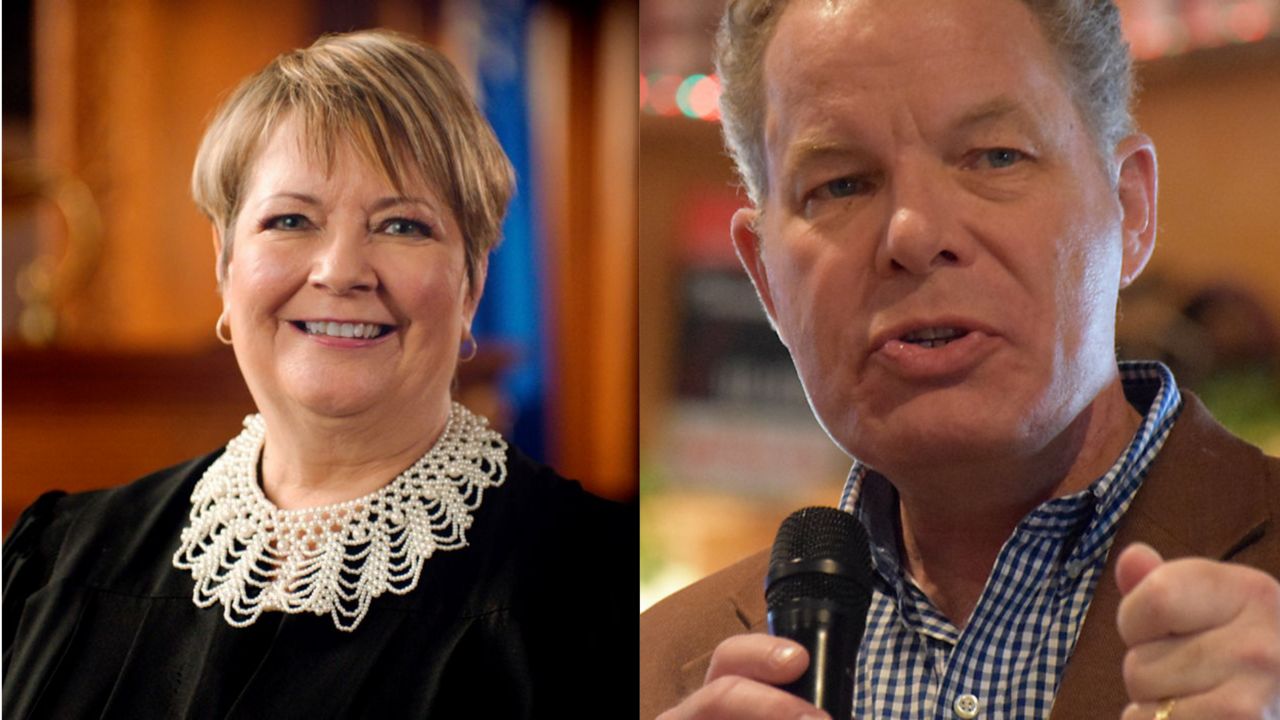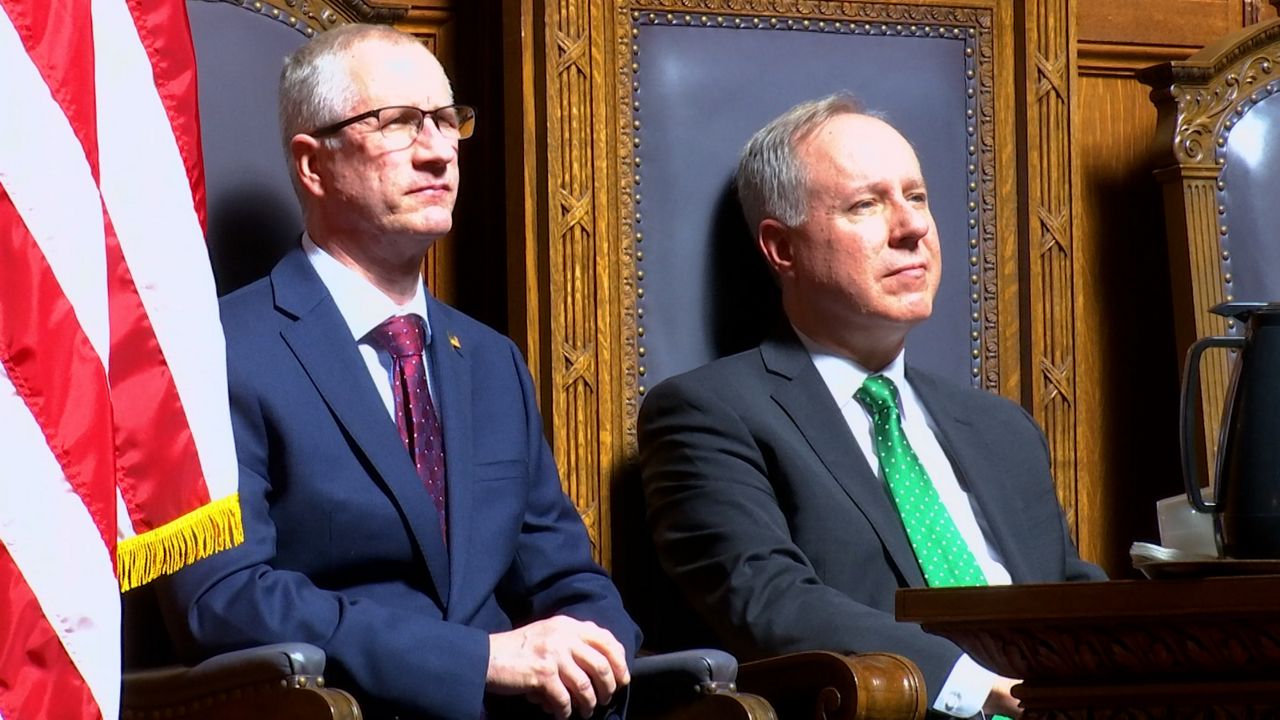MADISON, Wis. — Gov. Tony Evers will deliver the first budget address of his second term before Wisconsin lawmakers Wednesday evening.
The speech is generally considered to be the first step in the process to craft a spending plan for the next two years as the Republican-controlled legislature works to pass a budget that the governor will sign into law by July.
Last month, during his State of the State address, Gov. Evers used the opportunity to preview several of his fiscal priorities, which gave us a good idea of what Wisconsinites can expect to hear during his primetime address Wednesday.
Here are five significant priorities the governor will propose:
As the past state superintendent of public schools, Evers is often referred to as the “education governor,” which is why his K-12 spending priorities are not a surprise.
On the eve of his budget address, Gov. Evers announced Tuesday his proposal calls for a $2.6 billion increase in funding for public schools.
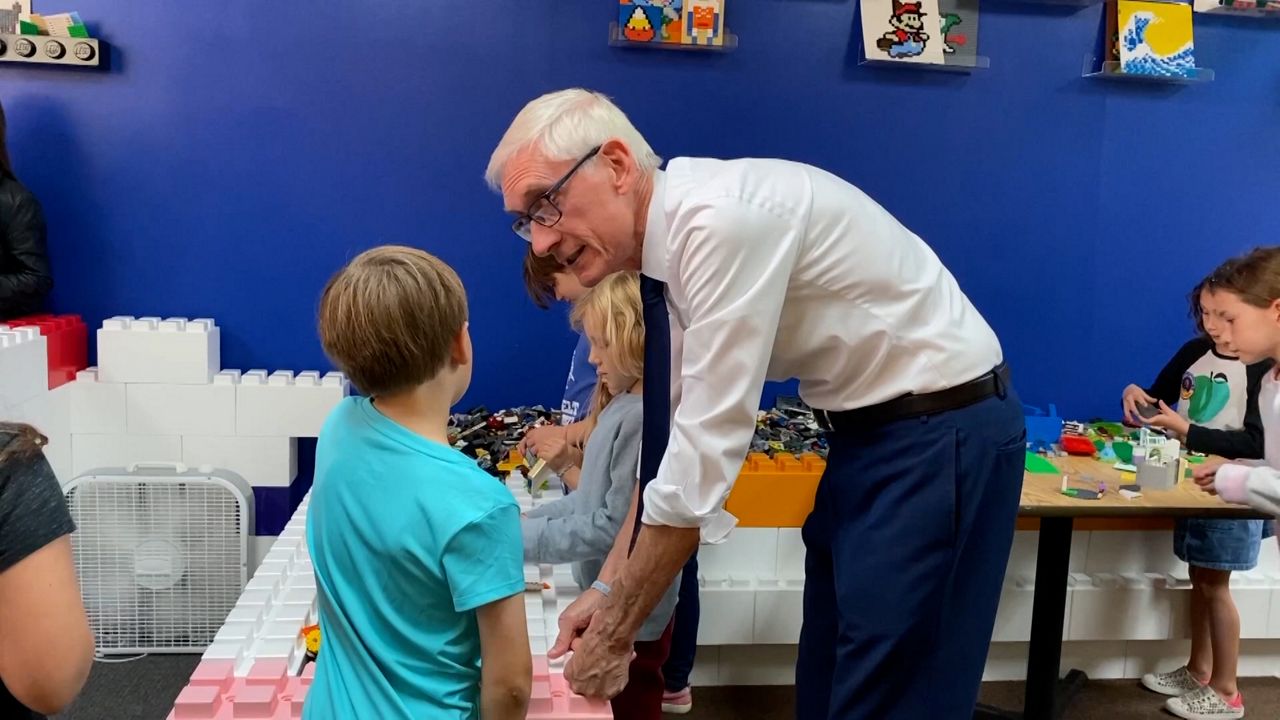
“Budgets are about priorities, which is why every budget we build begins with doing what’s best for our kids,” Gov. Evers said. “For years, communities have been forced to go to referendum and raise their own property taxes to keep their local schools afloat, and while some districts have successfully passed referenda to help keep the lights on and the doors open, many have tried and failed.”
While his State of the State address previewed some ways those funds could be used, including improving literacy outcomes, expanding mental health services, and keeping class sizes small, there are a few significant areas where funds would go.
Here’s what the governor is proposing:
- $1 billion more over the next two years for general aid
- $1 billion more over the next two years for special education
- $270 million over the next two years to make the "Get Kids Ahead" initiative permanent
The governor’s "Get Kids Ahead" program focuses on student mental health. Evers' budget pitch would not only use funds to ensure services remain available but also provide $18 million to reimburse schools for costs associated with expanding access to mental health professionals.
While on the campaign trail last summer, the governor promised to fight for a 10% middle-class tax cut. The plan builds upon the Evers' previous tax cuts during his first term and would amount to more than $1.2 billion in targeted tax relief if passed. According to the governor, working families, veterans, caregivers, seniors, and student loan borrowers would benefit.
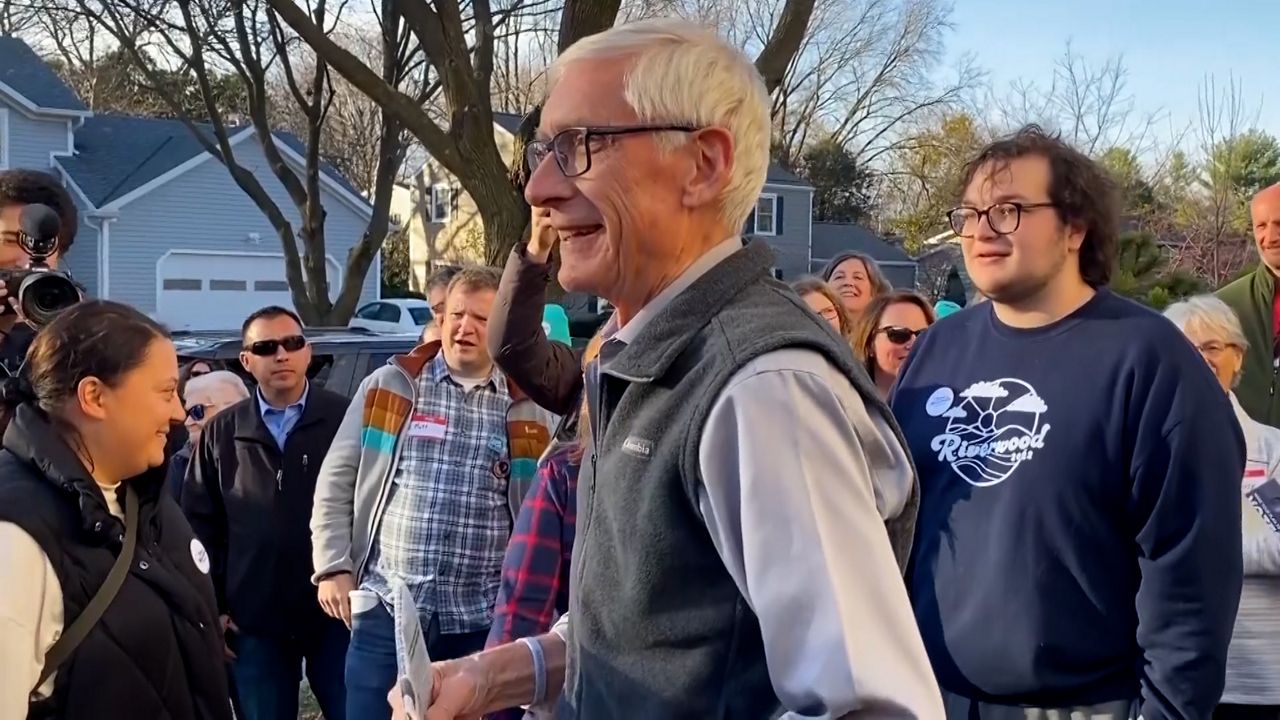
“I’m proud to have signed one of the largest tax cuts in state history and to have kept my promise to provide a 15% tax cut for middle-class families during my first term in office, and with this budget proposal, we’re going to build on that work so we can keep taxes low now and into the future responsibly and without driving our state into debt or causing devastating cuts to priorities like public schools or public safety,” Gov. Evers said.
Credit for the passage of previous tax cuts has been a point of contention between the governor and Republicans who control the legislature.
While both parties favor tax relief in some form, Evers' plan is a stark contrast to a flat tax as proposed by some Republicans.
Shared revenue was discussed widely on the campaign trail in the months leading up to the November election and it is still a priority for legislators on both sides of the aisle.
Those funds from the state go to local municipalities to help cover the costs of services.
During last month’s State of the State address, Gov. Evers indicated that he would call for sending 20% of the state’s sales tax revenue back to local communities as shared revenue.
If lawmakers approve what the governor has called for, it could mean a half billion dollars more per year in new resources for local communities, according to the Evers administration.
The governor also declared 2023 the "Year of Mental Health" during his State of the State address last month.
In his speech, the governor announced he would pursue a total investment of nearly $500 million to expand access to mental and behavioral health services for Wisconsinites. That figure includes the previously mentioned $270 million Evers would like to put toward the "Get Kids Ahead" initiative as a part of his overall school funding plan.
To justify the spending, Gov. Evers cited a 2022 report by the University of Wisconsin Population Health Institute during his speech last month, which found there are 440 people for every mental health provider in Wisconsin.
The governor plans to include several proposals in his budget, which he believes will help defend democracy and protect voter rights.
Among Evers’ goals:
- Make it easier for eligible Wisconsinites to vote
- Ensure voting equipment is secure and well-maintained
- Support local officials who administer elections
To achieve those objectives, Gov. Evers will call for $172,700 for the Wisconsin Elections Commission (WEC) to work with the state’s Dept. of Transportation (WisDOT) to implement automatic voter registration.
Among the biggest investments would be $2 million over the biennium to create the Office of Election Transparency and Compliance with 10 full-time positions in an effort to better respond to inquiries and complaints about potential election law violations.
Gov. Tony Evers will deliver his 2023-25 biennial budget message at 7 p.m. from the Assembly Chambers in the Wisconsin State Capitol on Feb. 15.
You can watch an analysis and coverage of the speech live on Spectrum News 1 or stream the remarks on the Spectrum News app.







)
